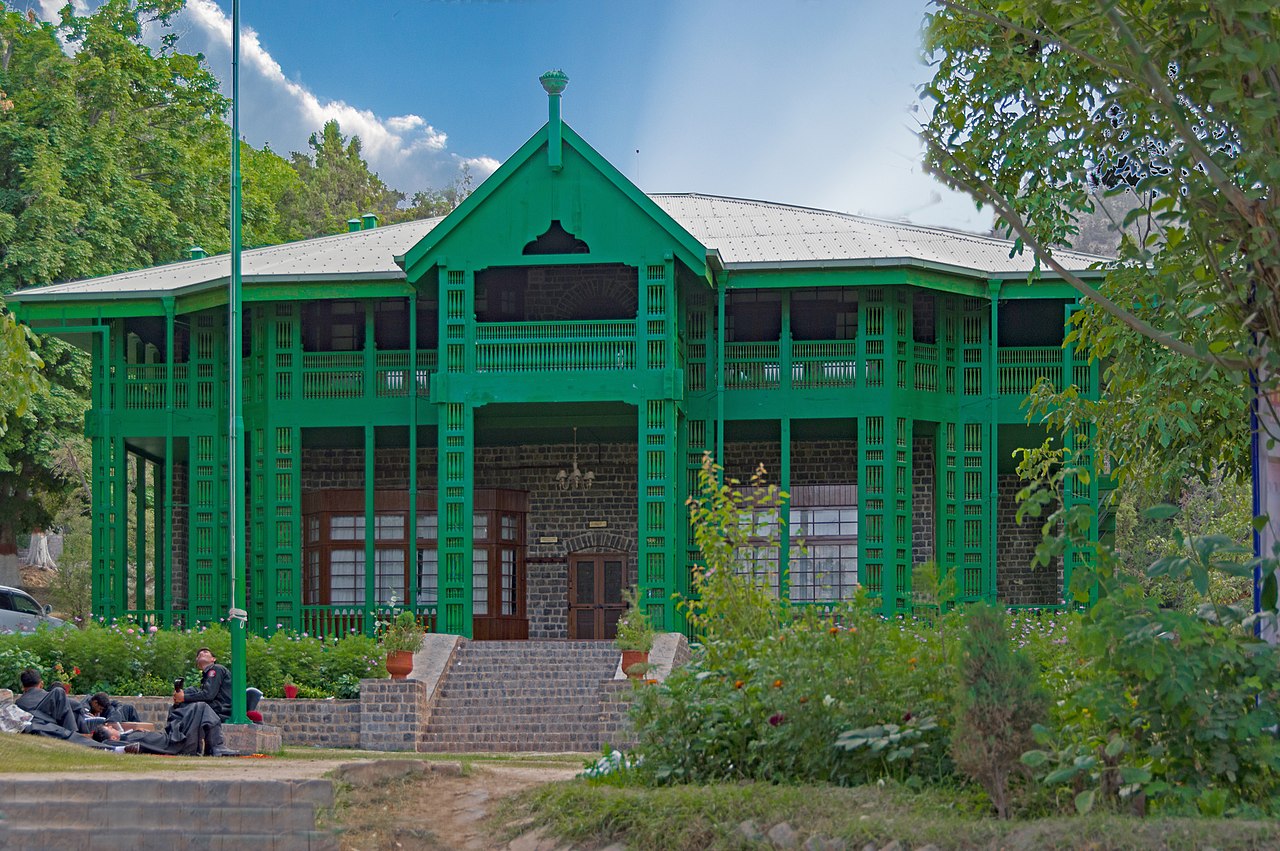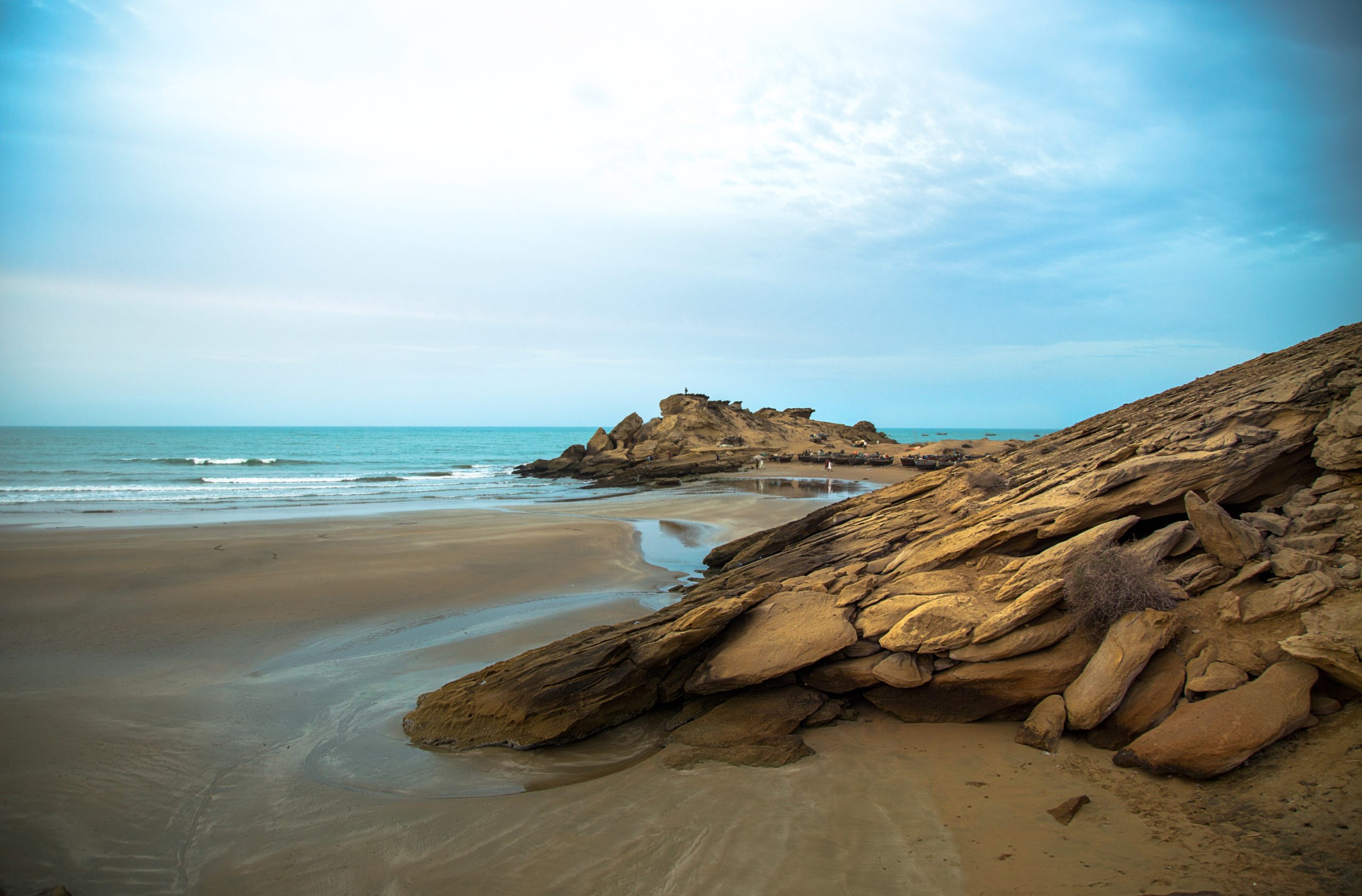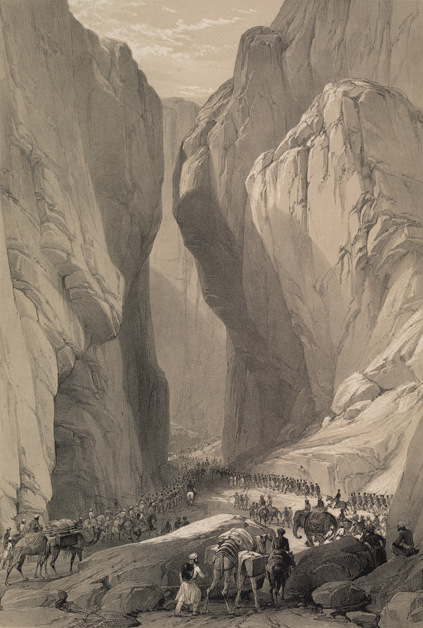Balochistan is the largest province of Pakistan by area, covering nearly 44% of the country’s total landmass, but it is the least populated province. Situated in the southwestern region of Pakistan, Balochistan shares borders with the Pakistani provinces of Khyber Pakhtunkhwa to the northeast, Punjab to the east, and Sindh to the southeast. It also borders Iran to the west and Afghanistan to the north, while its southern boundary is formed by the Arabian Sea. The province is home to the world’s largest deep-sea port, the Port of Gwadar, which is strategically significant for both regional and global trade routes.
Balochistan’s terrain is characterized by an expansive plateau of rugged mountains and deep basins, contributing to its distinct geography. The region’s arid and desert climate, along with limited rainfall, means that only 5% of the land is arable. Despite this, agriculture and livestock play a central role in the province’s economy, contributing around 47%. The province is also rich in natural resources, particularly in terms of natural gas, coal, copper, and gold, which dominate the industrial sector.
Quetta, the capital city, serves as the political, cultural, and commercial center of Balochistan. Other major cities include Turbat, located in the south, and Gwadar, a port city rapidly emerging as a future business hub due to its economic and strategic importance. The China-Pakistan Economic Corridor (CPEC) has amplified Gwadar’s role in the region, attracting international attention and investment, positioning it to become a focal point for trade and development.
Historically, Balochistan has been relatively underdeveloped compared to other provinces of Pakistan, but ongoing infrastructure projects, such as road networks, energy pipelines, and the expansion of Gwadar port, aim to transform the province into an economic powerhouse. While the region has faced challenges, including political unrest and economic disparities, it remains a crucial part of Pakistan’s growth and development plans, particularly through its rich mineral resources and its strategic location along key trade routes.
Balochistan’s name translates to “the land of the Baloch,” referring to the province’s indigenous Baloch people, whose culture, language, and history are deeply rooted in the region. In addition to the Baloch, other ethnic groups, including Pashtuns, Brahuis, and Hazaras, contribute to the province’s diverse cultural tapestry.





